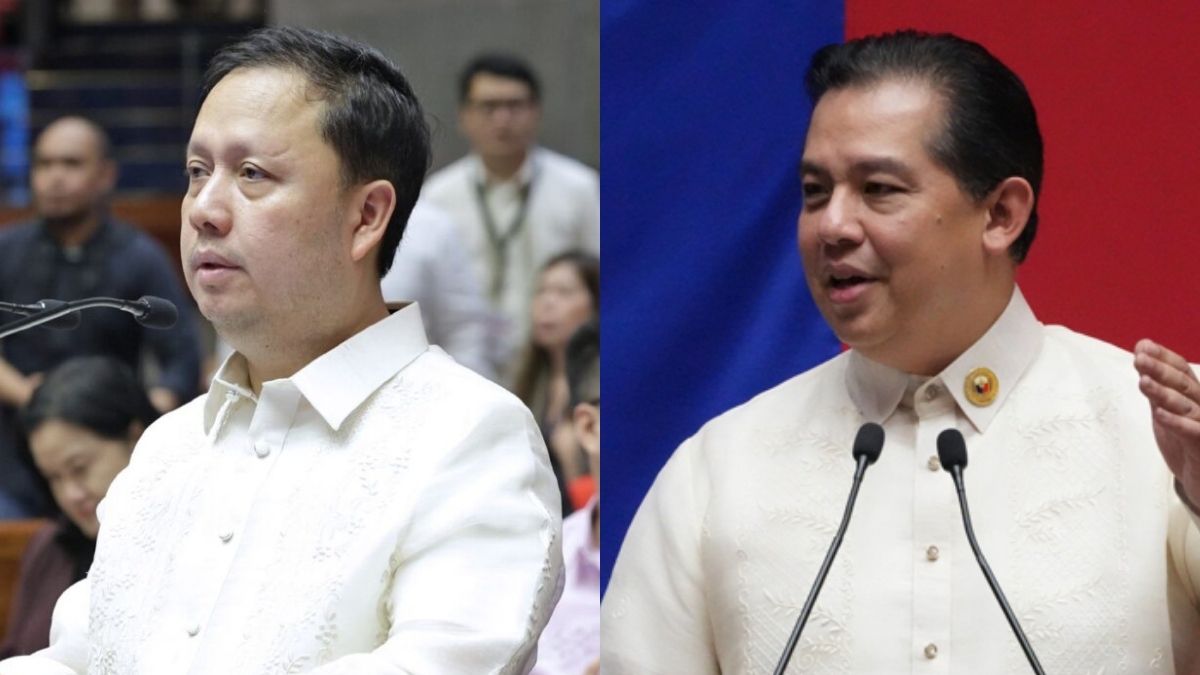A recent, highly anticipated survey among European business leaders has delivered a resounding message: a strong majority are planning to significantly escalate their investments in the Philippines. While this bullish outlook signals deep confidence in the Philippine economy’s potential and its strategic advantages, the findings simultaneously underscore that systemic corruption remains the single largest non-economic barrier to even greater capital inflow.
The survey reveals a palpable divergence: on one hand, foreign firms are compelled by the nation’s robust fundamentals; on the other, they remain wary of regulatory inconsistencies and integrity issues that add friction and cost to operations.
The Foundation of European Confidence
The primary drivers of this planned capital surge are rooted in fundamental economic strengths. European companies cited the labor force’s exceptional proficiency, particularly its high English fluency and technical skills, as an unparalleled competitive advantage in the region. Furthermore, the government’s sustained commitment to infrastructure development and recent legislative reforms that have liberalized foreign ownership have successfully enhanced the overall investment appeal. These factors position the Philippines as an increasingly attractive regional hub for advanced manufacturing, high-value services, and Business Process Outsourcing (BPO).

Despite the optimistic forecasts, the report makes it unequivocally clear that the ease of doing business remains severely impacted by integrity issues. European executives reported that the necessity of navigating overly complex permitting and regulatory processes, often resulting in inconsistent implementation across various local government units, creates ample opportunity for graft. The survey suggests that these non-tariff, policy-based hurdles represent a significant hidden cost and a source of risk for long-term projects. The perception is that while national policy is improving, local execution frequently lags, jeopardizing foreign capital.
A Call for Anti-Graft Policy Sustenance
The business community’s strong desire to invest comes with an explicit condition: the administration must sustain and accelerate its commitment to robust governance and anti-corruption measures. Business leaders strongly urged the government to prioritize transparency and eliminate bureaucratic red tape that facilitates illicit activities. Specifically, they called for the complete digitization of government services and strict adherence to consistent policy application to mitigate opportunities for rent-seeking behavior.
On the Positive Side, the explicit demands from highly valued European investors for accelerated anti-corruption measures function as an external reform mandate. To secure and retain this critical Foreign Direct Investment (FDI), the government is often compelled to implement key changes requested by the business community, such as digitizing permitting processes and increasing transparency in public contracting. This creates a compelling economic incentive for genuine governance reform.
However, this capital influx is a double-edged sword. The sheer scale of new investment—particularly in massive infrastructure projects necessary for expansion—can create new, larger, and more attractive targets for high-level corruption. Without stringent, non-negotiable oversight and strong accountability mechanisms put in place before the funds arrive, there is a substantial risk that the investment boom could inadvertently fuel opportunities for large-scale graft.

Ultimately, the effect on corruption will hinge entirely on whether the administration utilizes this moment of European confidence to enact genuine, structural safeguards, or if the focus remains solely on attracting the cash without prioritizing policy integrity. The survey’s findings put the onus on the government to prove that the Philippines is not only a profitable market but also a reliably clean and ethical one.
With additional report: pna.gov.ph







